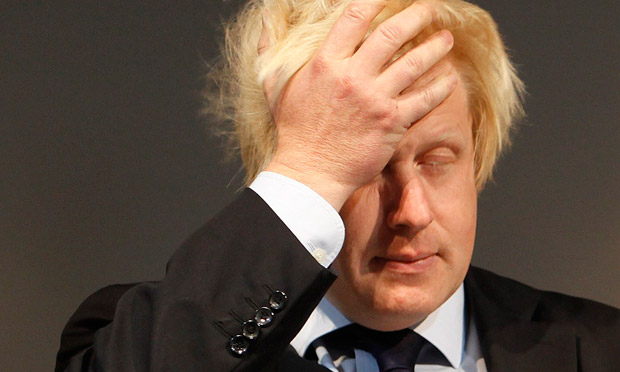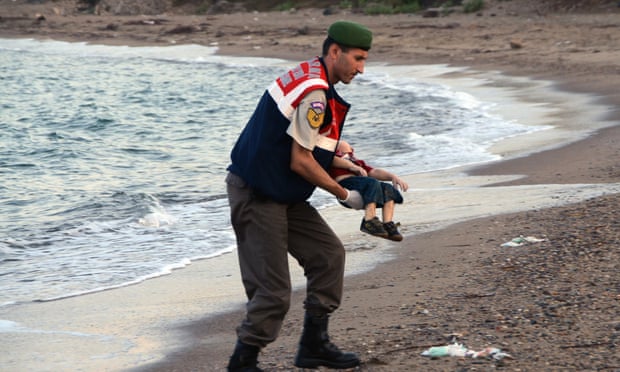Fans of Boris Johnson like to claim that behind that
bumbling, buffoonish, Bertie Wooster-esque, façade there is a clever,
conscientious politician.
But it has become increasingly hard to be convinced by this
argument and with his rejection of London hosting the Grand Depart of the Tour de
France, he has acted with staggering unprofessionalism and short-sightedness,
damaging any prospect of the race returning to Britain for many years to come.
London went through the whole process of bidding for this
stage of the Tour triumphing over places such as Edinburgh, Manchester and
cities in Germany. And then, the day before contracts were due to be signed, Transport
for London pulled out claiming that it wouldn’t provide value for money.
Boris Johnson has now said pulling out was his call,
describing it as a ‘no-brainer’.
 ‘I had to take a very tough decision, obviously painful. In
an ideal world, you know me, my policy is to have your cake and eat it. The
difficulty was we had to make a choice. £35million is an awful lot to spend on
a one off when you could put that money in to long term projects. What
people really want is safer cycling lanes.’
‘I had to take a very tough decision, obviously painful. In
an ideal world, you know me, my policy is to have your cake and eat it. The
difficulty was we had to make a choice. £35million is an awful lot to spend on
a one off when you could put that money in to long term projects. What
people really want is safer cycling lanes.’
It’s certainly true that people want safe cycle lanes –
something which Boris himself has been pretty reluctant to invest in until
recently – but if it was such a ‘no-brainer’ why on earth wasn’t this realised
at an earlier stage? What is the point of going through the whole charade of
bidding for such a prestigious event when the mayor can so glibly withdraw at
the last minute?
TfL claim that the process didn't cost a penny as it was all done internally; perhaps true, but all the work done on the bid by members of staff has been completely wasted. Whatever else has gone on, there has been a massive failure of
process at TfL and within the mayor’s office.
And we must look at this claim that it wouldn’t have proved
to be value for money. Spending £35m on anything is certainly a hefty bill but
Yorkshire, which hosted the opening stage last year, estimates it has generated £150m
worth of wider benefits. There, the event attracted 4.8m spectators; it is hard
to imagine it wouldn’t have attracted an even bigger crowd if the peloton had been
wheeling their way through London's highways and byways next year.
In TfL’s defence, a spending review is looming and it does
face cuts but Boris isn’t exactly averse to wasting money. Christian Wolmar,
the transport journalist who recently tried to become Labour’s prospective
candidate at the next mayoral election, put together a good little article
looking at the money wasted by Boris during his tenure.
Amongst the highlights were:
£300million spent on the New Bus for London, a poorly
conceived, terribly designed monster that will lumber around our streets for
the next few years. Boris has also spent £10m pursuing his fantasy of an estuary
airport, something which was never likely to happen in the first place
£24m on a cable car across the Thames that promised to be a
great way for commuters to travel but in fact carries precisely zero commuters.
Boris pledged no public money to this, but of course TfL has contributed.
Boris pursued another vanity project
to rebuild the Crystal Palace; it involved handing much of a public park over
to a Chinese business, apparently ignoring the conventional tendering process and hoping
locals would simply be wowed. Unsurprisingly, Bromley Council ultimately walked
away after fruitless talks – wasting £150,000 in the process – and Crystal
Palace Park was in the sadly all too familiar position of missing out of millions of pounds from the Heritage
Lottery Funding as a consequence of Boris’ misadventure.
TfL has also pledged £30m to
build the Thames Garden Bridge (along with another £30m from the government)
despite promises, again, that public money would not be used. Again, the whole
project appears not to have gone through proper tendering processes.
In comparison to the above, therefore, spending £35m, with
the likelihood of greater, and wider, benefits down the line, doesn’t seem such a bad idea.
But what makes the decision all the more inexplicable is that one
of Boris’ genuine achievements as mayor has been his ability to sell London
around the world. Yet this tangible success – one which has the capacity to provide a legacy for the future – has been foolishly set back by cancelling the event in such a last
minute, casual fashion.
It is clear that the Tour de France owners, Amaury Sport Organisation
(ASO), are angry at the withdrawal – the bidding process would undoubtedly have
cost them time, money and effort – and they are hardly likely to look at future
bids from London, or elsewhere in the UK, with much sympathy. And other sporting
organisations too will look at London with sceptical eyes, wondering whether it’s
worth dealing with the city if there is a chance it might pull out at the last
minute.
Boris’ legacy has been looking flimsy for some time but a
future major will not thank him for this genuine damage to London’s reputation
as a city which can stage major international events with competence, confidence, success and flair.



